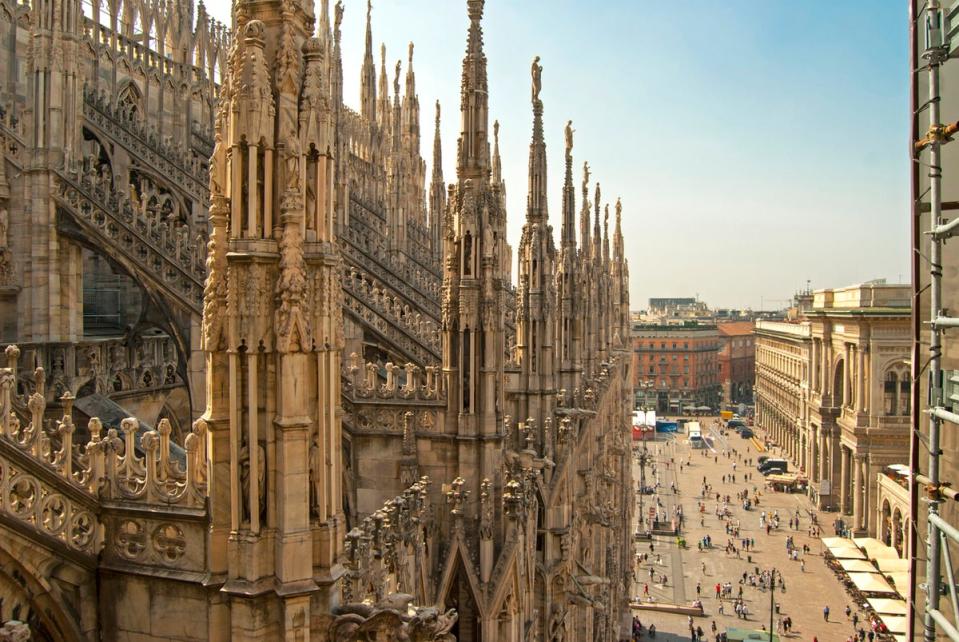The Italian city banning ice cream and pizza after midnight

An Italian city is set to ban ice cream and pizza after midnight nearly 10 years after furious residents put a stop to a similar move.
Milan, Italy, is proposing a new law to ban all late-night takeaway food to clamp down on noisy groups crowding the streets.

But the same idea was struck down by residents in 2013 - after a crowd of furious ice cream sellers gathered outside the city’s town hall to demand the measure was dropped.
Marco Granelli, deputy mayor, said: “The goal is to seek a balance between socialising and entertainment, and the peace and tranquillity of residents.”
The ban would apply to outdoor tables only from 12.30am on weekdays and 1.30am on weekends between May and November.

The ban would apply in the following areas: Nolo, Lazzaretto, Melzo, Isola, Sarpi, Via Cesariano, Arco della Pace, Como-GaeAulenti, Porta Garibaldi, Brera, Ticinese, and Darsena-Navigli.
Italians have until early May to appeal and suggest changes to the law. In 2013, mayor Giuliano Pisapia was forced to U-turn after protests rocked his administration.
After proposing the change in law, he claimed the wording of the directive was wrong and there was no intention of prohibiting night-time sales of ice cream or any other food or drink.
He said at the time: “If there was a mistake on our part it’s already been corrected. “Milanesi and non-Milanesi can eat ice cream day and night anywhere they like.
“There was perhaps a mistake in the interpretation of the rules, or perhaps an error in the way things were written.”
Last year, Florence banned new short-term residential lets on platforms such as Airbnb in its historic centre, in a similar move intended to improve the lives of residents.
The rules, approved by the Tuscan city, also offered three years of tax breaks to landlords of existing short-term lets if they switch to ordinary leases.
Florence’s mayor, Dario Nardella, said the city had decided to act locally because government plans to regulate the sector had been disappointing.

